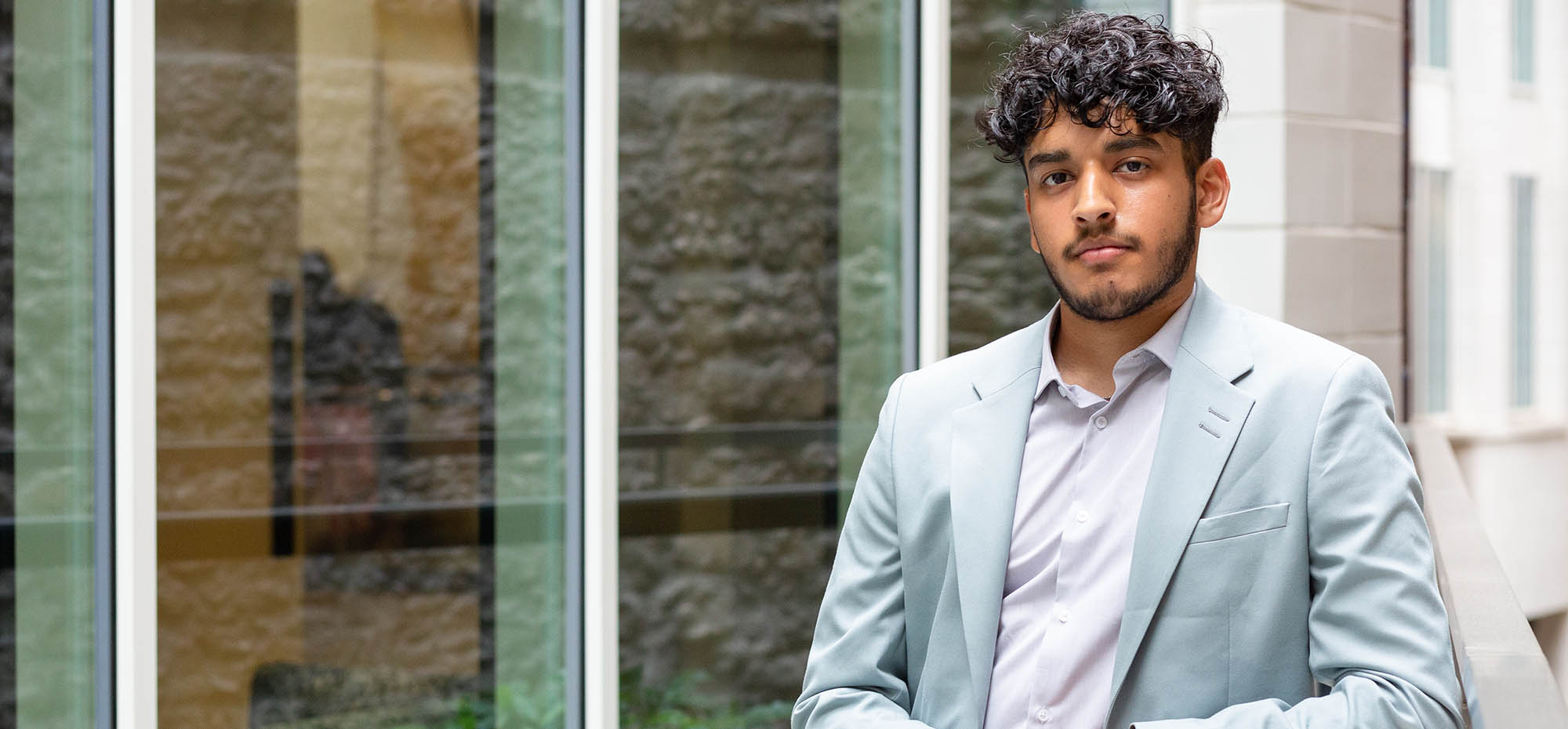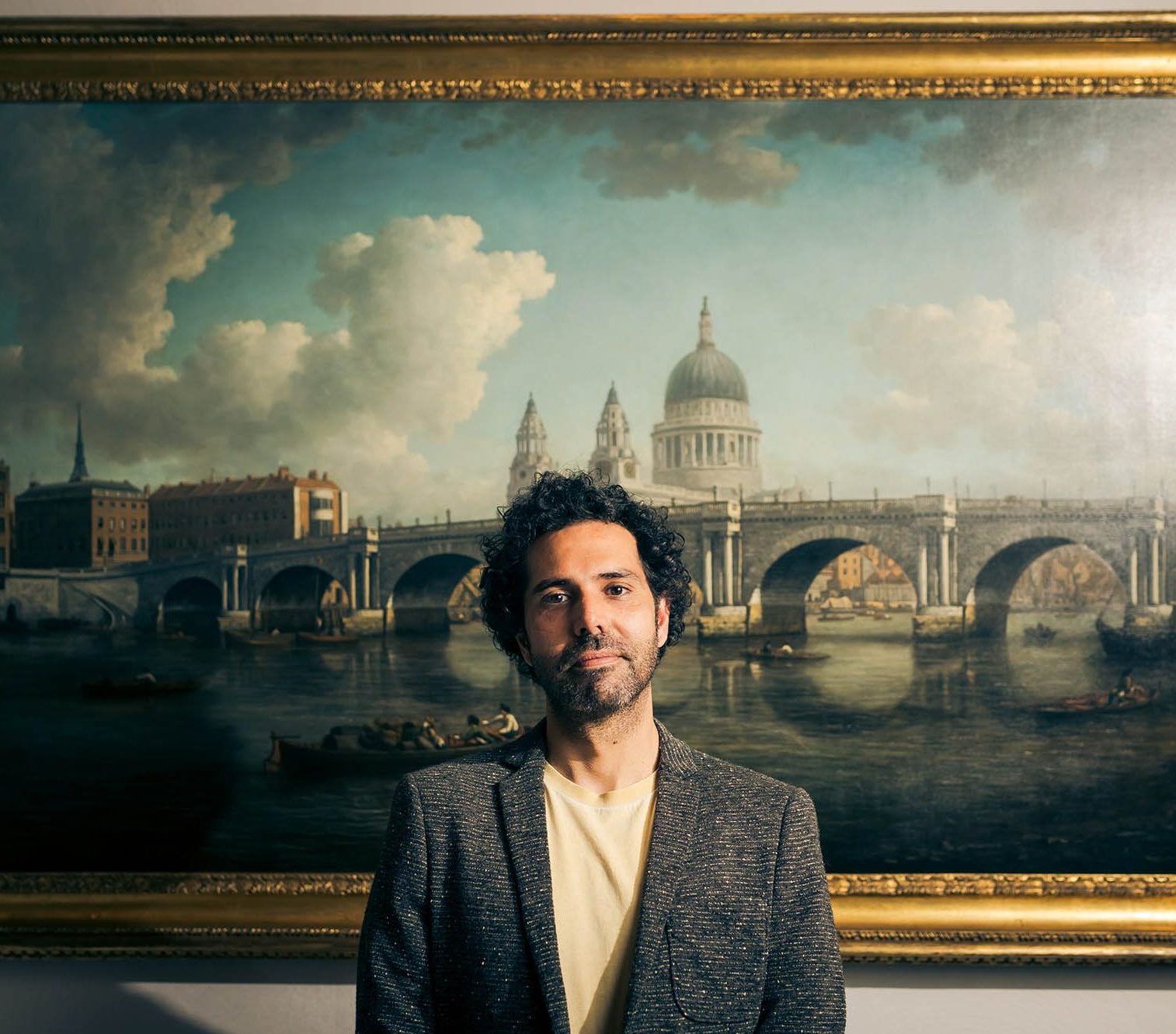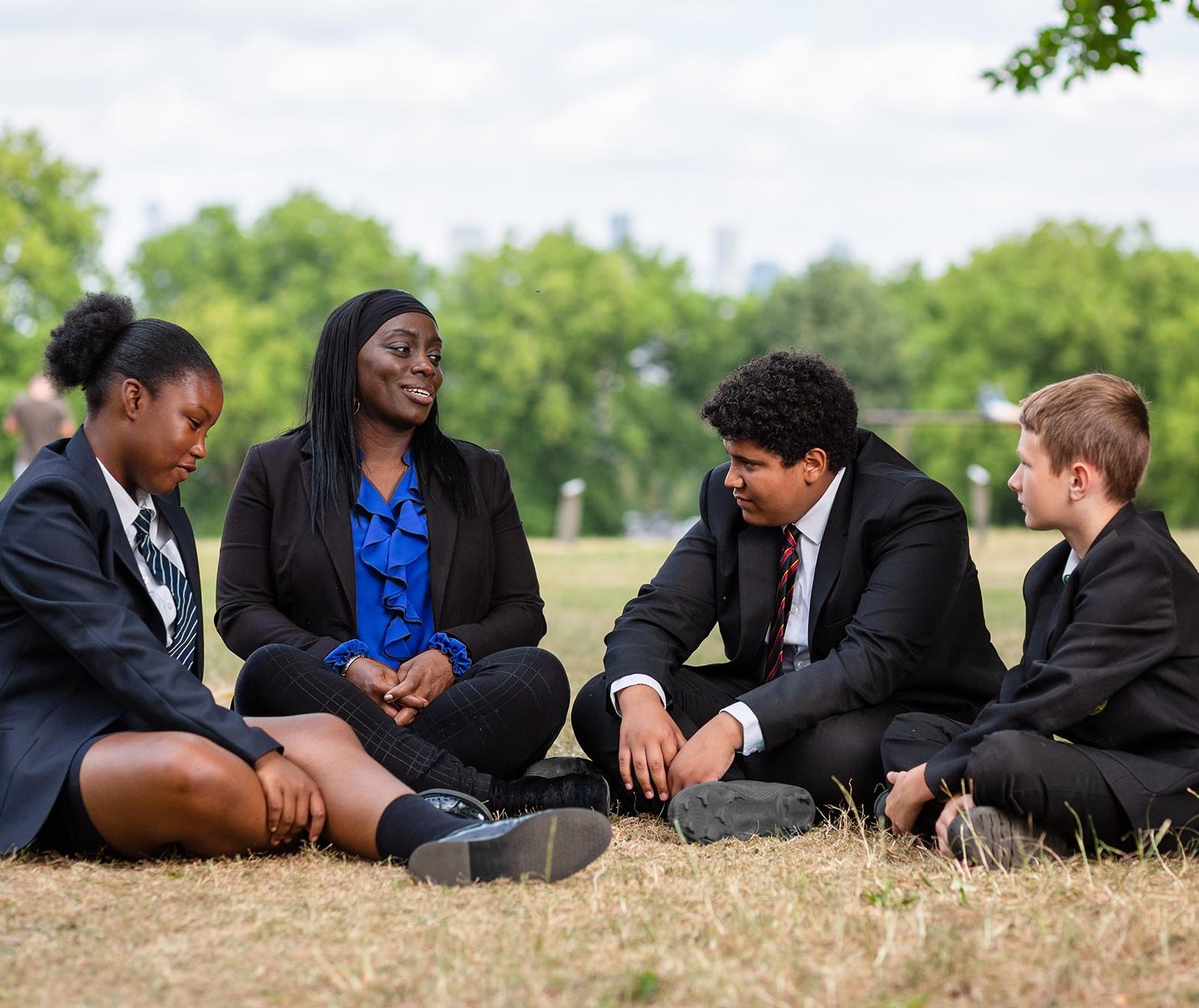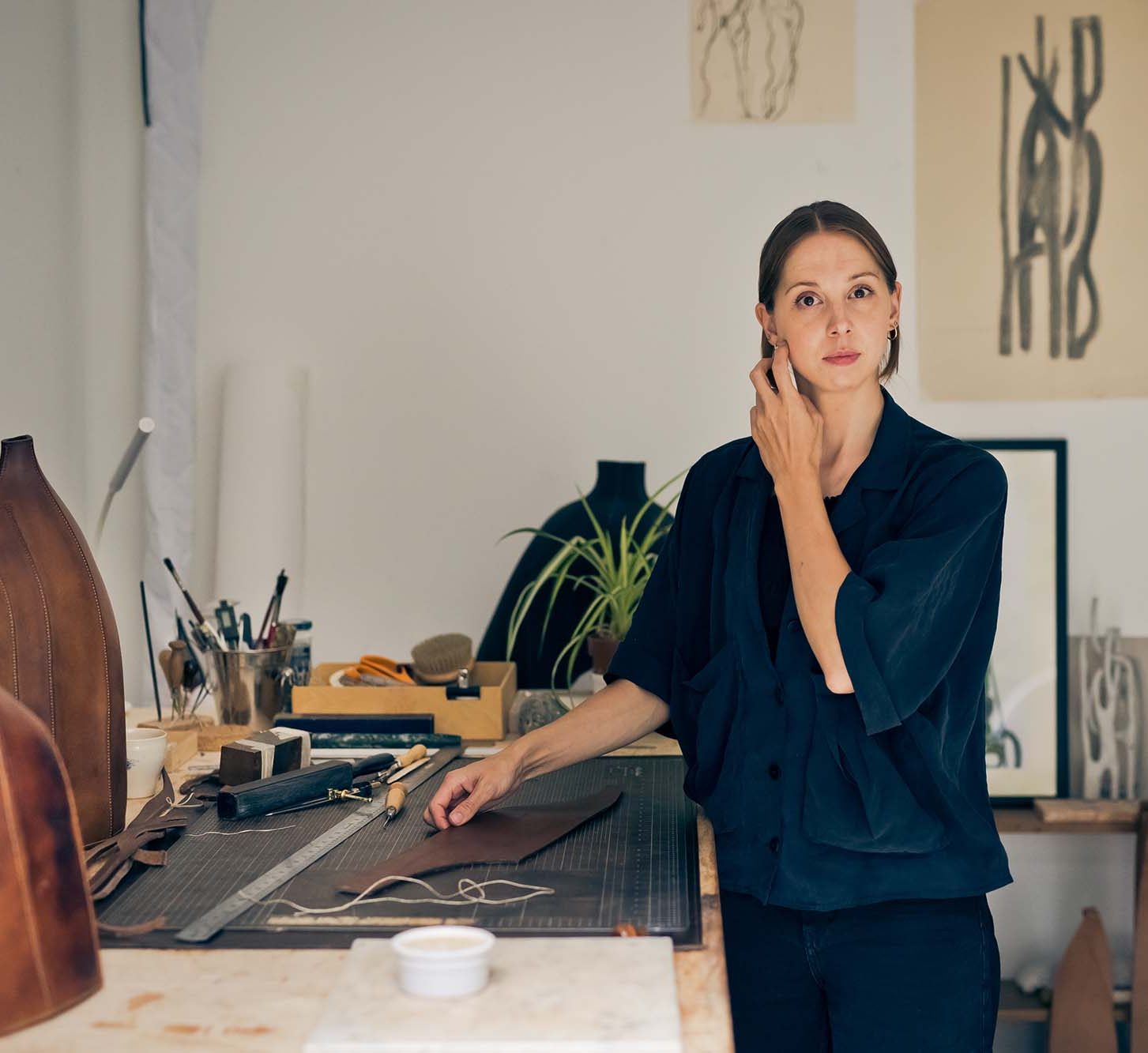
Can you tell us a little about your background, family and what growing up was like for you?
I once called myself a grandchild of India’s partition, referencing how my paternal grandmother was born in India, got married in Pakistan and later identified with Bangladesh. In this context, my parents were unable to gain formal academic qualifications because their youth was often categorised by instability and change. Whilst my father worked multiple jobs to make ends meet, both my parents instilled in me a love for an education that they were denied. As I educate myself, I hope that they too feel like they are on this journey with me.
Do you feel there were certain factors that would have impacted your social mobility?
Having a Leathersellers’ scholarship at Colfe’s meant I received significant help in my application process for university. However, unlike most students I was unable to ask family members for advice on making applications for highly competitive institutions, so I found myself looking to YouTube and social mobility charities for support. Whilst I was extremely appreciative of receiving an offer, this opened a new wave of emotions as I began to question whether I would fit in or even whether it was all a mistake. More importantly, I wondered whether I could afford to make this move possible, especially with the pandemic and the economic turbulence that came with it.
How has the student grant from the Leathersellers’ Foundation assisted with this transition?
The grant not only allowed me to purchase essential equipment, it also allowed me to have the time and freedom to pursue extracurricular activities – not to mention helping to cover the general cost of living.
I am immensely grateful for this. Having completed my first year at Cambridge, I can honestly say that I have made an amazing group of friends and a plethora of incredible memories.
Are you part of any clubs or societies related to study interests?
In Easter term I joined the Cambridge University Majlis to help lead its archives team and uncover the society’s groundbreaking impact on South Asian politics. Active past members of the society included Jawaharlal Nehru, Mahatma Gandhi and Muhammad Ali Jinnah, all of whom arguably changed the face of the region.
Being able to write essays about postcolonial independence and then work for a society that was instrumental in the fight for South Asia’s formal independence is surreal.
How has studying Human, Social, and Political Sciences helped answer your original motivating interests in the subject?
The subject is intersectional in nature and has allowed me to consider forms of identification that we take as given and analyse them from multiple different perspectives. Contemporary anthropological understandings of race and how it is naturalised differently within different contexts has proved to be an area of study
that I continue to find fascinating. Studying HSPS has also allowed me to delve deeper into what it means to be intersectional as I consider how forms of identification such as race and class are connected, with anthropology proving to be a productive lens to consider how such relationships operate in different social contexts
What does the future look like for you?
While I have tried to keep my career options open, the study of such topics informs my desire to work within an international setting and work towards the eradication of the barriers I have also tried to overcome. As I resume my studies I hope to carry on my access related work with the university and continue to provide application advice to those who were in a similar situation to me, only a few years ago.
READ MORE

Alumni - Saher Samman
Saher received the Leathersellers’ Emerging Talent Award upon graduating from the London College of Fashion. He currently works as a leather costume modeller for HBO.

Boosting Opportunity at the Leathersellers' Federation of Schools
School led and backed by research a new social mobility project has created the dream job for Learning Mentor, Cherisa Kya-Scott.

Dream Maker
In her sleep, Frances Pinnock finds inspiration for her figurative leather sculptures.